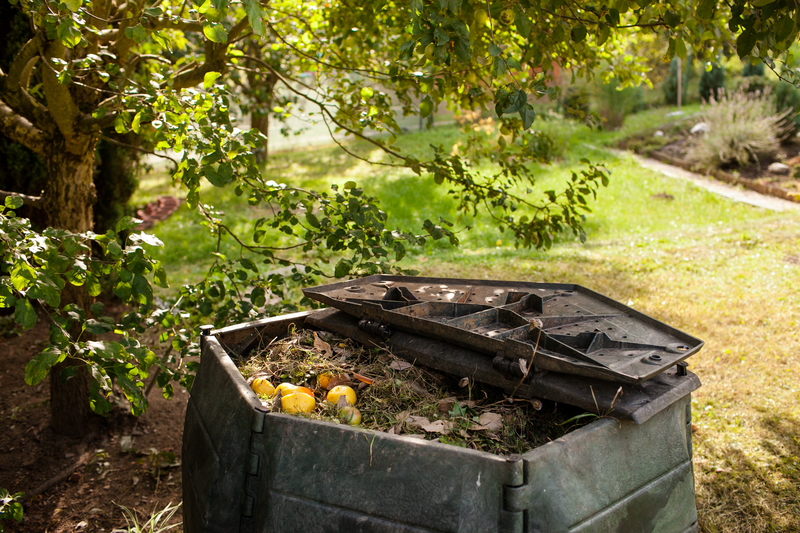The modern world is heavily reliant on metals, from the smartphone in your hand to the car you drive, and even the structures where you live and work. Yet, this consumption has a heavy toll on our environment. Recognizing the importance of recycling metals, can significantly determine our planet's sustainability and health. This article explores why we should recycle metals and how it can contribute to a cleaner and more sustainable environment.
Understanding Metal Recycling
Metal recycling involves the process of recovering metals from used or disposed products and reprocessing them into new products. It is a significantly more eco-friendly process than mining new metals, as it conserves natural resources and requires less energy.
Types of Recyclable Metals
- Ferrous Metals: These include metals like steel and iron. They are magnetic and can easily be identified. Recycling steel uses about 74% less energy than producing it from raw materials.
- Non-Ferrous Metals: These include aluminum, copper, brass, and lead, which do not contain iron and are more resistant to rust and corrosion.

Benefits of Recycling Metals
Recycling metals offers numerous environmental benefits, playing a key role in building a sustainable future. Here are some of the notable advantages:
Conservation of Natural Resources
By recycling metals, we significantly reduce the need for mining, which in turn conserves natural habitats and decreases the exploitation of the natural environment. This not only helps preserve ecosystems but also ensures natural resources are available for future generations.
Energy Savings
Recycling metals uses considerably less energy compared to extracting and processing new metals. For instance, recycling aluminum saves about 95% of the energy required to produce it from raw materials. This means lower carbon footprints and less environmental pollution.
Reduction in Landfill Waste
By diverting scrap metal from landfills, we reduce the volume of waste that impacts our environment. Scrap metals often contain toxic chemicals that can leach into the soil and water, affecting both wildlife and human health if not managed properly.
Economic Benefits
The metal recycling industry provides employment opportunities and contributes to economic growth. Recycling metals creates jobs in the collection, processing, and recycling sectors. Furthermore, it stimulates the economy by providing a cheaper and more reliable supply of materials to manufacturers.
Challenges in Metal Recycling
Contaminants in Metal Recycling
The presence of contaminants in scrap metal can complicate the recycling process. Non-metallic materials, residual contaminants, and even mistaken or mixed materials can affect the quality and cost of recycled metals.
Collection and Transportation
Another challenge is efficiently collecting and transporting metal recyclables. The lack of proper infrastructure and the high cost associated with transporting large volumes of scrap metal can hinder recycling efforts.
Public Awareness and Participation
Increasing public awareness and participation in metal recycling programs is crucial. Many people are unaware of the vast benefits of recycling metals or how to properly participate in recycling efforts.
How You Can Contribute
To enhance the effectiveness of metal recycling, individuals can take the following steps:
- Educate Yourself: Learn about which metals are recyclable in your area and how to properly sort and dispose of them.
- Participate in Local Programs: Engage in local recycling initiatives and support policies that promote sustainable waste management.
- Reduce and Reuse: Minimize waste by opting for reusable options and reducing consumption of single-use items.
- Support Eco-friendly Products: Purchase products made from recycled metals, supporting industries that prioritize sustainability.

Promoting Metal Recycling for a Sustainable Future
As the demand for metal continues to rise globally, metal recycling plays a critical role in ensuring environmental sustainability. By addressing the challenges, promoting awareness, and investing in technology, we can greatly enhance our recycling capabilities.
Policies and regulations that incentivize recycling efforts, as well as investments in infrastructure and education, are necessary to create a robust recycling ecosystem. Additionally, technology and innovation can improve recycling processes by enhancing efficiency and expanding the range of recyclable materials.
Conclusion
Recycling metals is a practical and impactful strategy to conserve resources, reduce pollution, and foster a healthier environment. Whether on an individual level or through larger systemic changes, actions aimed at enhancing metal recycling will lead us towards a greener, brighter future. Each effort counts in our collective mission to build a sustainable planet; together, let's champion this change for ourselves and future generations.